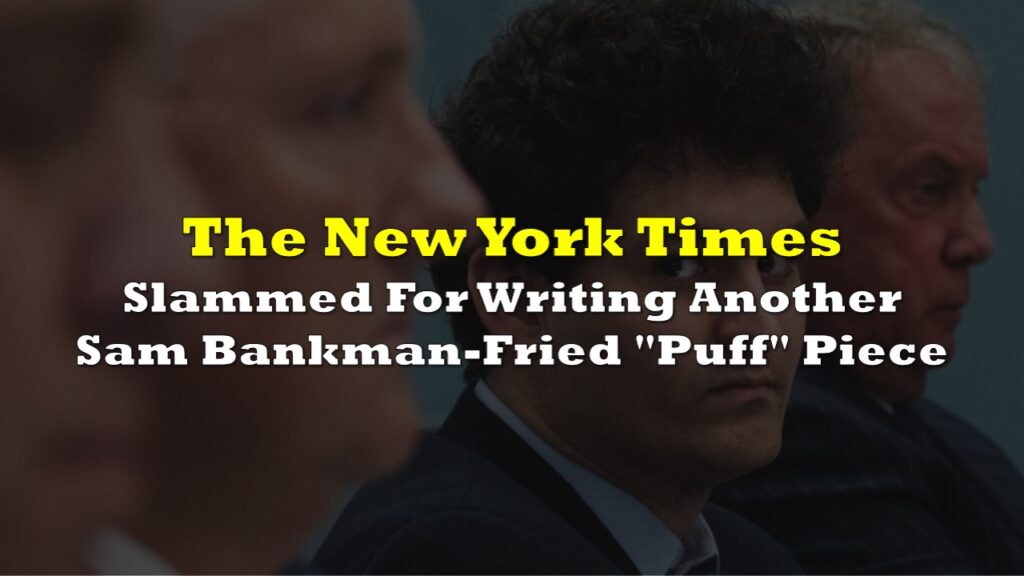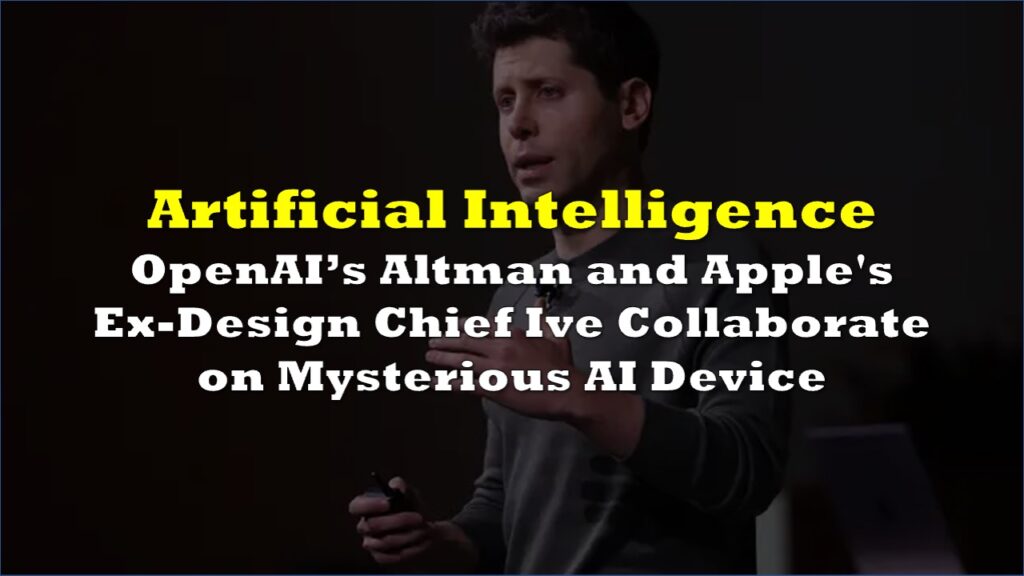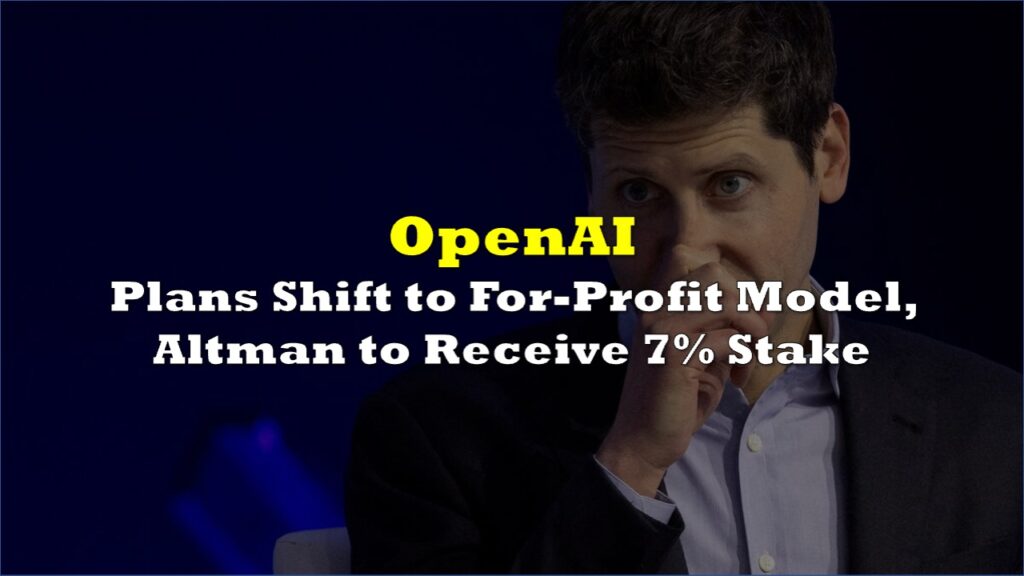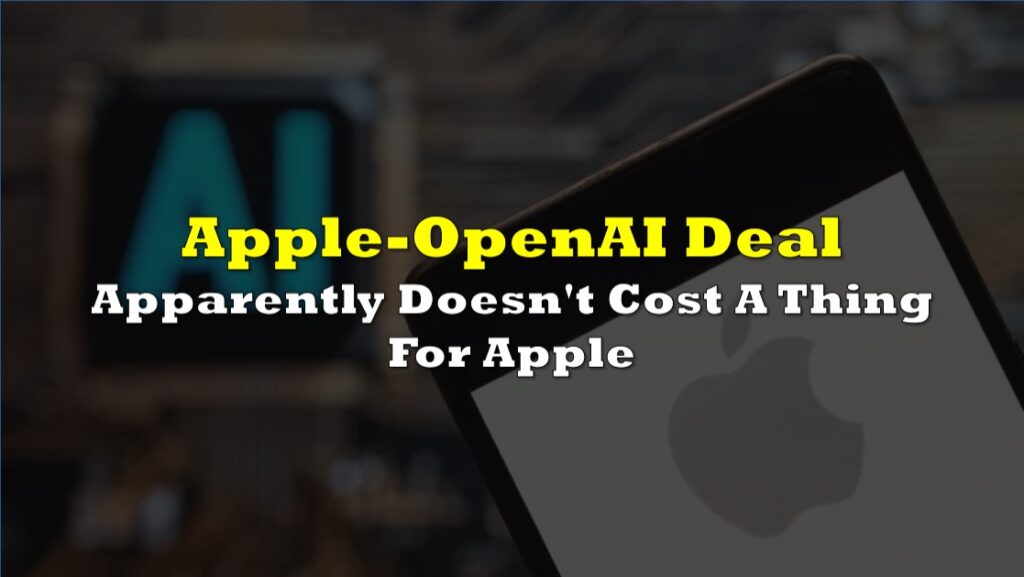OpenAI, the artificial intelligence company behind ChatGPT, has inadvertently erased crucial evidence in its ongoing copyright lawsuit with The New York Times, according to court documents filed on Wednesday.
The incident occurred during the discovery phase of the lawsuit, where both parties exchange relevant information. OpenAI had provided The Times’ legal team with access to two virtual machines containing its AI training data. After more than 150 hours of analysis, lawyers for The Times claim that OpenAI engineers accidentally deleted all their work from one of these machines.
While OpenAI managed to recover most of the erased data, The Times’ legal team argues that the loss of original file names and folder structures renders the information unusable as evidence. Jennifer B. Maisel, an attorney for The Times, stated in a court declaration that the recovered data “cannot be used to determine where the news plaintiffs’ copied articles” may have been incorporated into OpenAI’s AI models.
The New York Times filed the copyright lawsuit against OpenAI and Microsoft last year, alleging unauthorized use of its articles to train AI tools like ChatGPT. This case is one of several legal challenges facing AI companies from publishers over training data usage.
OpenAI spokesperson Jason Deutrom said, “We disagree with the characterizations made and will file our response soon.” The company’s legal counsel referred to the data erasure as a “glitch” in email exchanges submitted to the court.
The Times’ lawyers acknowledged they had “no reason to believe” the deletion was intentional. However, they emphasized that the incident has forced them “to recreate their work from scratch using significant person-hours and computer processing time.”
Information for this briefing was found via Wall Street Journal and the sources mentioned. The author has no securities or affiliations related to this organization. Not a recommendation to buy or sell. Always do additional research and consult a professional before purchasing a security. The author holds no licenses.









